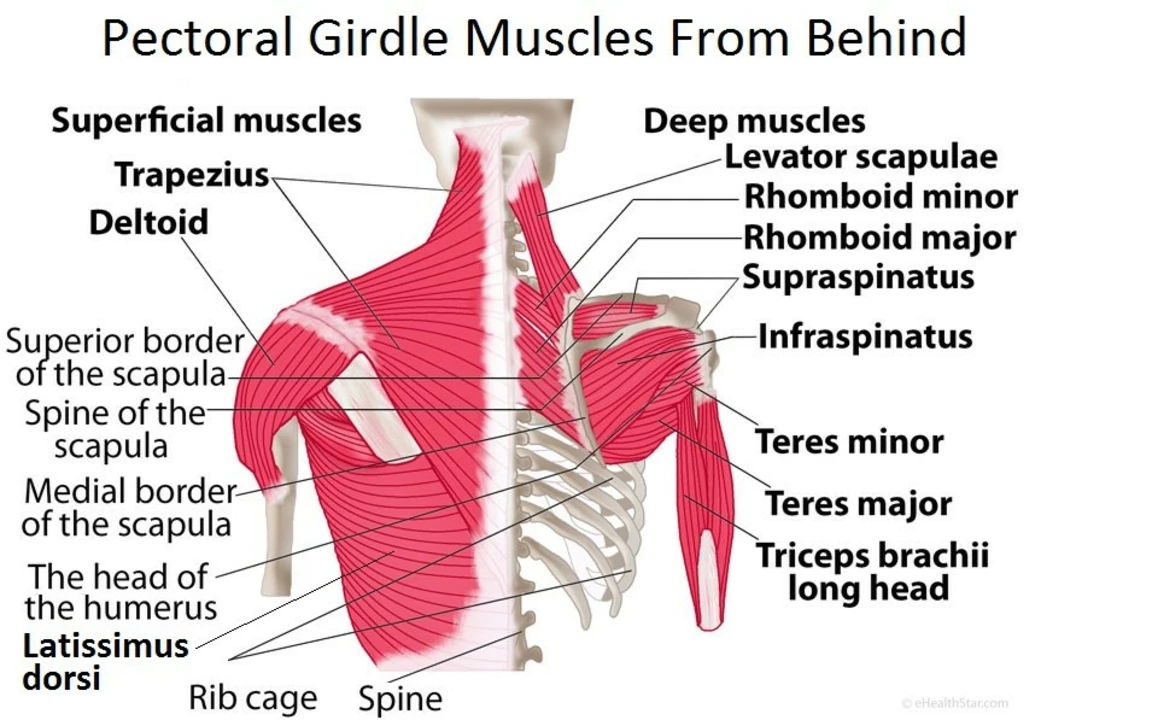Muscle Function: What Really Changes Your Strength
Did you know muscle can start to weaken after just a couple of weeks of inactivity or with certain medicines? Whether you want to keep strength for daily life or to perform in sports, a few clear choices make the biggest difference. This page explains what hurts muscle function, what helps it, and simple moves you can use right away.
What reduces muscle function
Certain drugs and hormonal shifts can cut muscle power. Long-term corticosteroids (like prednisone) are known to cause muscle wasting when used over months—our article "Lifestyle Changes to Reduce Prednisone Dependence" goes into ways to limit that risk. Diuretics and potassium-changing meds such as spironolactone affect electrolyte balance and can cause weakness—see "Safe Socializing and Alcohol Tips for Spironolactone Users" for practical safety tips. Supplements and hormonal compounds (for example, androstenediol or hCG) change hormone signals and may boost or alter muscle mass; read "Transform Your Body with Androstenediol" and "Fertigyn HP: Human Chorionic Gonadotropin (hCG) Uses" for more context.
Other common causes include low activity, poor protein intake, vitamin D deficiency, and untreated medical conditions (thyroid problems, nerve issues, chronic illness). Some prescription meds can cause fatigue or coordination trouble—if you begin a drug and your strength drops, tell your clinician.
Simple steps to protect and build muscle
You don’t need fancy gear to keep strength. Start with these practical steps you can use today:
- Move often: Aim for two or three resistance sessions weekly—bodyweight squats, push-ups, or light dumbbells help maintain muscle mass.
- Protein at each meal: 20–30 g of protein per main meal supports repair. Eggs, fish, dairy, legumes, or a protein shake work fine.
- Check vitamin D and iron: Low levels hurt energy and muscle. A simple blood test tells you if you need supplements.
- Manage inflammation: Anti-inflammatory foods (vegetables, oily fish) and sleep matter. They support recovery and reduce catabolism.
- Watch meds and electrolytes: If you take steroids, diuretics, or hormone-affecting drugs, ask your prescriber about muscle risk and electrolyte checks.
For athletes, some inhalers and WADA rules matter for performance—our "WADA-Approved Alternatives to Ventolin" post explains safe options. If you’re considering supplements that affect hormones, read up and talk to a clinician; hormone-impacting products carry side effects and legal issues in sport.
If muscle loss feels sudden or severe, get checked. Simple tests can find low thyroid, low B12, or nerve problems that need treatment. Want more reading? Check our posts on prednisone lifestyle changes, androstenediol, and spironolactone safety to see how meds and supplements tie into muscle health.
Small, consistent steps—move, eat, sleep, and monitor meds—keep muscles working. Ask your healthcare provider for a plan that fits your goals and meds, and keep track of changes so you catch problems early.
The Impact of Alfacalcidol on Muscle Strength and Function
In a recent study, I came across the significant impact of Alfacalcidol on muscle strength and function. Alfacalcidol, a type of vitamin D, has shown to improve muscle strength in elderly individuals and those with vitamin D deficiency. This improvement in muscle function can lead to better mobility, balance, and overall quality of life. Furthermore, adequate levels of Alfacalcidol can help prevent falls and fractures in older adults, making it an essential component of maintaining bone health. It's exciting to see how such a simple supplement can have such a profound effect on our wellbeing!






